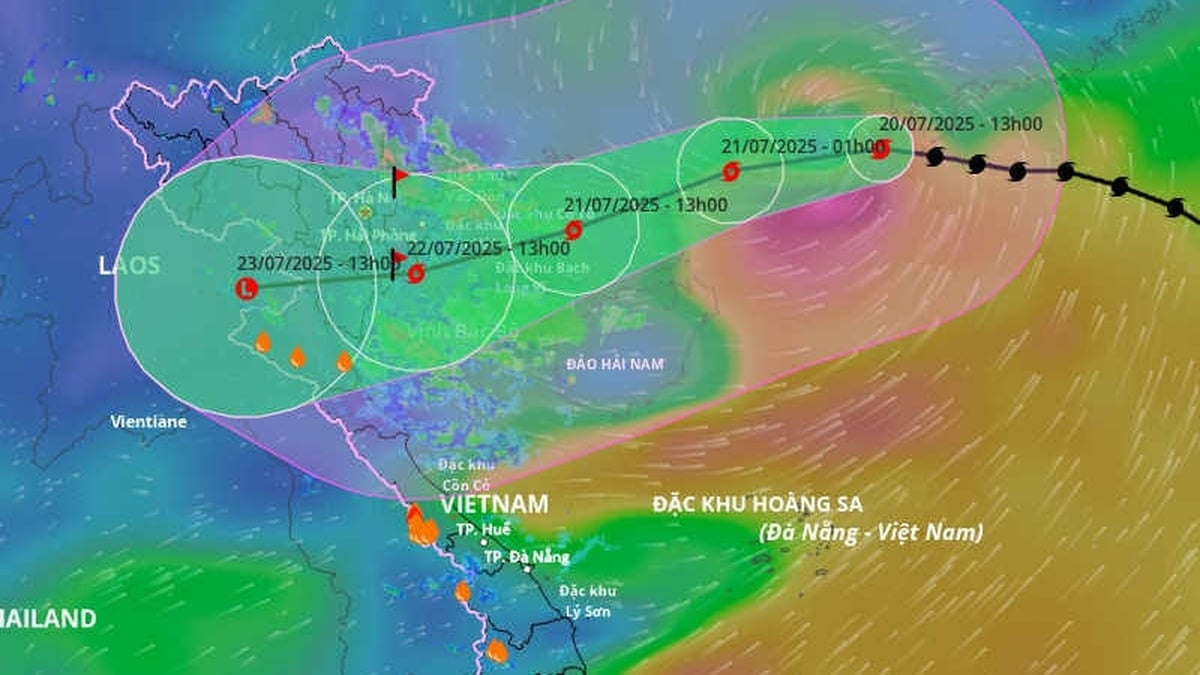The eurozone is in mild recession after two consecutive quarters of negative growth due to soaring energy prices last winter.
Data from the European Statistical Office (Eurostat) has just shown that the eurozone's GDP decreased by 0.1% in the first quarter, equivalent to the decrease in the fourth quarter of 2022. Thus, in theory, with two consecutive quarters of decline, the economy of the 19 countries using the common euro currency is determined to be in a mild recession.
A Bloomberg survey earlier estimated that European output would stagnate in the first quarter. Eurostat said the region’s first-quarter weakness was due to lower government and household spending. Inventories contributed negatively to the result.
Country-by-country data shows Germany, along with Greece and Ireland, in recession over the winter, while Estonia has not grown since late 2021. Three other countries, Lithuania, Malta and the Netherlands, also contracted in the first quarter.
Across the 27-member European Union, GDP in the first quarter reached 0.1%, improving from -0.2% in the fourth quarter of 2022. Therefore, the entire bloc escaped recession.
The result will deal a blow to politicians and European Central Bank (ECB) officials after they repeatedly said a recession could be averted as inflation soared to its highest level since the euro was born.
But with the mild recession, policymakers will feel that the billions of euros in aid to households have paid off, because the severe economic damage they feared from the fallout from the Ukraine conflict has not materialised.
According to experts, the European economy is likely to return to positive growth in the second quarter, so governments will continue to reduce financial support. The ECB is also unlikely to change policy as it is nearing the end of its interest rate hike campaign and considers defeating inflation a prerequisite for sustainable economic growth.
Last month, the European Commission also raised its growth outlook for the bloc to 1.1% this year and 1.6% in 2024. Inflation has also shown signs of improvement. Although it remains three times the 2% target, it cooled more than expected last month. Consumer inflation expectations are moderate. So the ECB will still raise its deposit rate by 25 basis points to 3.5% next week.
Phien An ( according to Bloomberg )
Source link































![[Photo] National Assembly Chairman Tran Thanh Man visits Vietnamese Heroic Mother Ta Thi Tran](https://vphoto.vietnam.vn/thumb/1200x675/vietnam/resource/IMAGE/2025/7/20/765c0bd057dd44ad83ab89fe0255b783)


































































Comment (0)